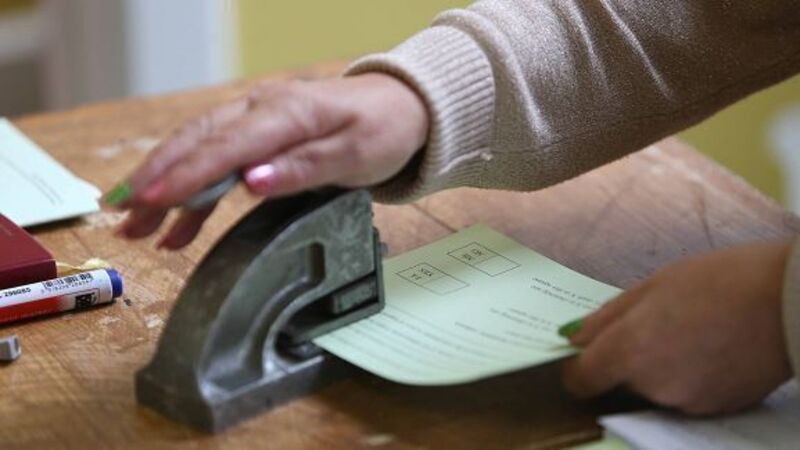Seanad referendum failed because of complete failure of leadership

The people of a country under siege, struggling to break out of an economic mess created by a previous leadership of donkeys. And beginning to succeed, despite a level of leadership that continues to border on the asinine.
The result of the Seanad referendum was a microcosm of all that. A complete, and abject failure of leadership. That’s why the Government lost the referendum, and no other reason.















